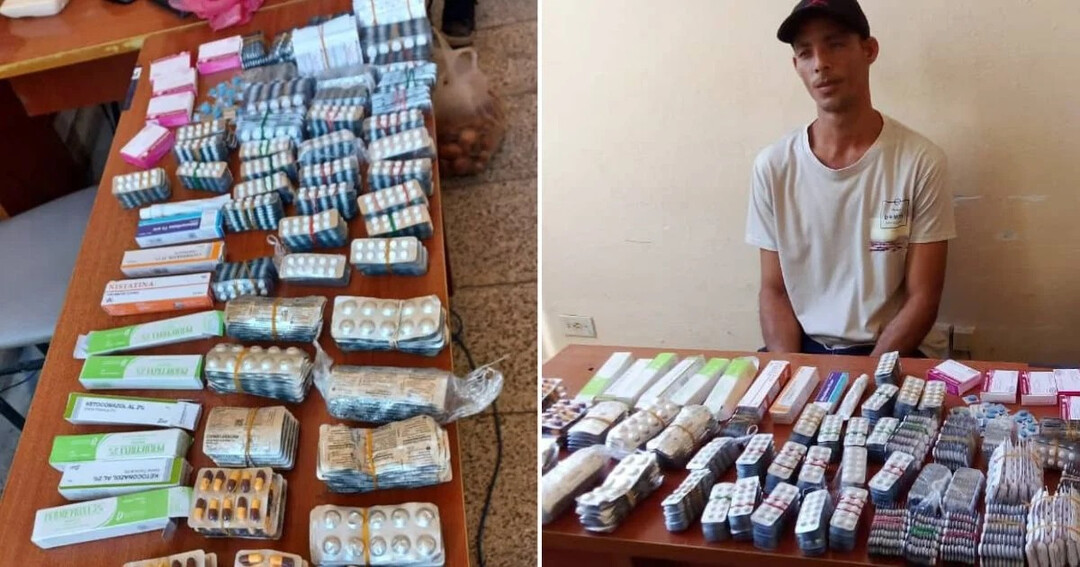
Havana, Cuba – In a move to combat the burgeoning black market for pharmaceuticals, Cuban authorities have detained a young individual in Old Havana's Monte district for the illegal sale of medications. The operation, conducted this past Saturday morning, underscores the government's intensified efforts to regulate the distribution of essential drugs.
During the arrest, law enforcement officials seized a significant quantity of medications, including critical antibiotics such as Amoxicillin, Ciprofloxacin, and Metronidazole. The confiscated goods also featured drugs for treating hypertension, antihistamines, pain relievers, and a range of dermatological creams and ointments.
The Ministry of the Interior, through its official channels, has reiterated its firm stance against the illegal sale of medications, emphasizing that such activities will not be tolerated. This crackdown occurs against a backdrop of severe medication shortages that have plagued Cuba's healthcare system.
Reports indicate that approximately 70% of the country's essential medications are either unavailable or experiencing significant shortages. Officials attribute this crisis to a lack of foreign currency, which is crucial for importing both finished medications and the raw materials needed for domestic production.
The persistent shortages have inevitably led to the rise of an informal market, where individuals attempt to fill the gaps left by the official distribution channels. While the government has implemented measures such as temporarily allowing duty-free importation of medications for personal use, these initiatives have inadvertently fueled unauthorized resales.
The Regulatory Authority of Medicines (Cecmed) has also issued multiple alerts regarding the circulation of counterfeit and adulterated drugs within the informal market, highlighting the severe health risks associated with these unregulated practices.
Furthermore, there is an ongoing discussion about the amount of money that is being invested into the health sector. Budgetary data reveals shifts in resource allocation, with debates focusing on the balance between investments in sectors like tourism versus essential services such as healthcare and education. While the state has increased nominal spending on public health, the structural challenges within the healthcare system persist, exacerbated by the ongoing medication shortages.
[Copyright (c) Global Economic Times. All Rights Reserved.]






























